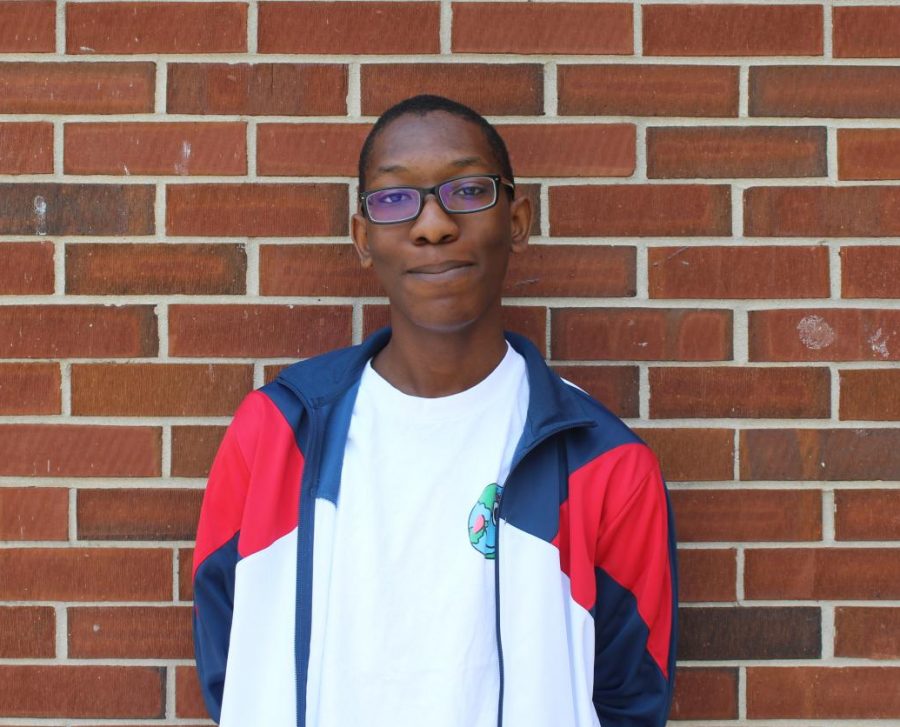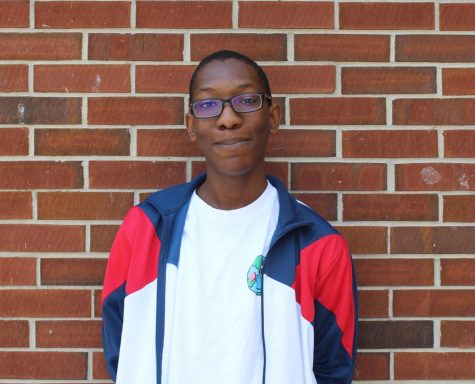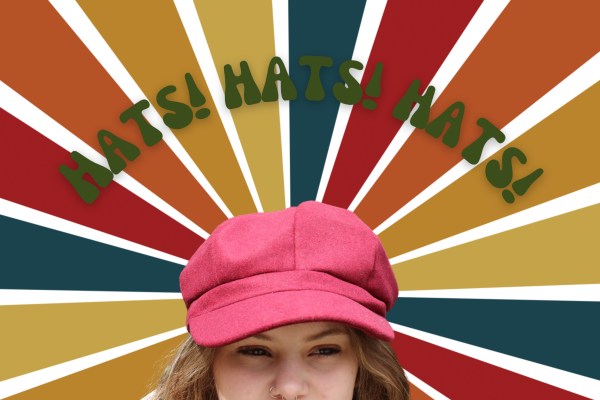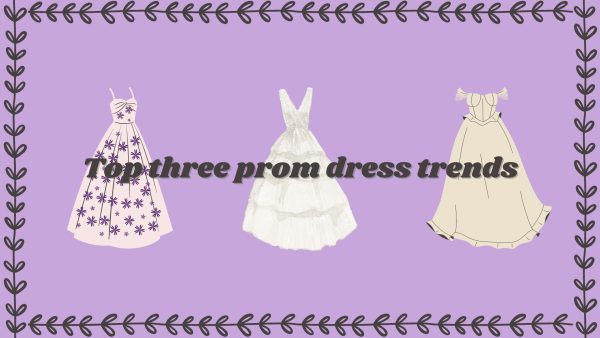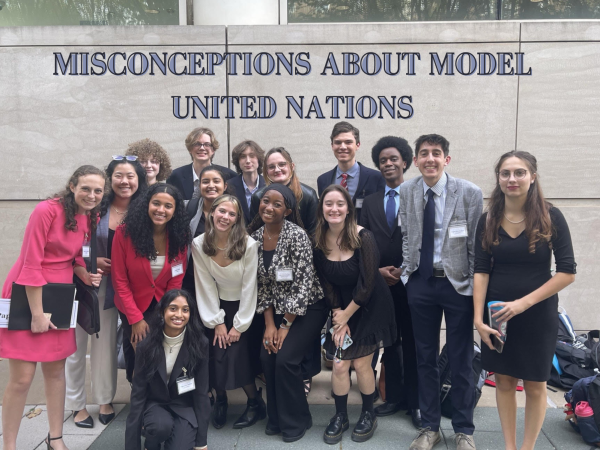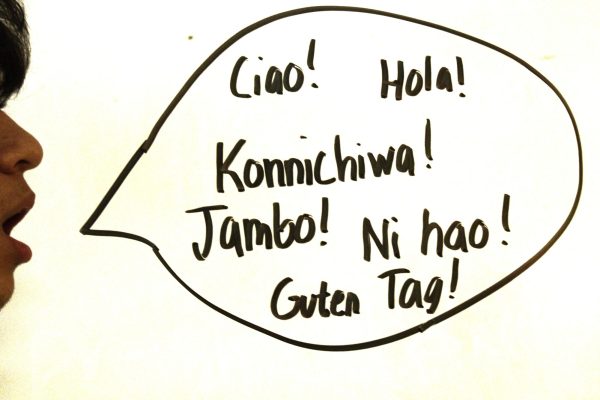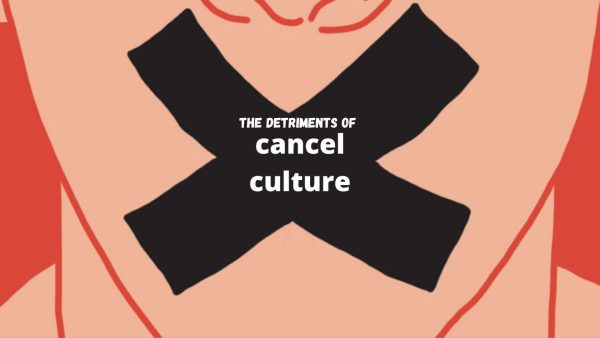World War meme: why jokes about the apocalypse aren’t as bad as you think
January 14, 2020
Anyone who spends any amount of time on Instagram, Twitter or any other social media platform already knows about a potential World War 3 between the U.S & Iran. Though the first known example of a meme about the war dates back to August of 2011, it truly gained traction in 2017 after a Syrian chemical attack saw Russian-US relations deteriorate; the meme’s current state, however, came as a result of the death of Iranian general Qasem Soleimani. While a fairly young topic, WW3 memes skyrocketed in popularity and became one of the most talked-about topics this year.
However, not everyone finds these jokes funny. As the meme gained steam, people began arguing against making these jokes, all for a variety of reasons: one active military member suggested these jokes undermine the potential danger American soldiers would face, while a TeenVogue article called such jokes “plain insensitive and ignorant” towards Iranians. Residents of the Middle East even took to Twitter to scathingly call out Americans on their perceived hypocrisy, calling them “genuinely disgusting people” and “idiots”; but while these claims hold validity, they each misunderstand the purpose and meaning behind the meme.
An article from The Lily brought up a subsection of the meme that sees young women adopting gender roles of the 1950s (cooking, cleaning, etc.) as a way to avoid the draft. They argue this highlights American privilege allowing them to make such jokes about women, all the while ignoring the plights Iranian women face. The TeenVogue article said the time spent making a meme could go towards helping those in the country. Both these claims, as well as those in the linked posts above, definitely hold weight; despite that, these stances and others against these memes seem to misunderstand them and their purpose.
Anti-memers often claim that the teens yucking it up about a potential war do so while discounting the lives of those in Iran, with TeenVogue writer Sara Li for TeenVogue claiming Gen-Z sees “the suffering of brown people [as] trivial.” While certain people do joke at the expense of innocent civilians (an obviously wrong action to take), acting like all memers feel this way shows a clear lack of awareness on her part regarding the trend. If you look at any WW III meme compilation online: most jokes either discuss the shenanigans of different gamers or talk about meeting up “with the boys.” Hardly indicative of indifference.
YouTuber James Charles posted pictures of him in drag online with the caption “me when the government comes knocking on my door for the draft. This joke and others discussing the draft face criticism for ignoring a “likely…wave of islamophobia and xenophobia against anyone visibly brown just like after 9/11”. Just like before, people misunderstand the point. While that prejudice deserves the utmost attention and seriousness, those making gags about the draft do not disregard such a possibility. Should they know of this? Yes, but not discussing this possibility does not make them indifferent. The same sentiment applies to those speaking out against these memes: just because they do not discuss how the horrors of war could scar and traumatize draftees does not mean they do not care.
This brings us to what those so opposed miss: they help them cope. The TeenVogue article called the jokes “narcissistic cries for attention from people [with] the privilege to disengage their empathy”; one Twitter user said Americans “have nothing to cope with” while another argued, “it is not your trauma to joke about.” And like before, each claim holds validity but misses the whole picture. Just like the innocent Iranians, Gen Z possessed no power to stop a conflict they never asked for: raised in a post-9/11 world, and growing up seeing a seemingly endless war in the Middle East that potentially killed family members; couple this with their higher rates of mental illness to make a generation objectively unprepared for war. Taking all this into account, these kids should at least try and lighten this potential situation; not to mention, those opposed to WW III memes lack the right to tell anyone how to process their worries—the same way an American cannot tell an Iranian how to process theirs.
No one can deny the intensity of the situation, for Americans and Middle Easterners alike: both parties could end up in the midst of a pointless war that would only lengthen the generation-defining conflict. Americans fearing for their lives or those of their loved ones should not crack wise at the expense of those in the center of the war, and those who do should earn criticism, but calling those who joke about it selfish and self-centered holds no weight. As Mel Brooks says, “Humor is just another defense against the universe.”




